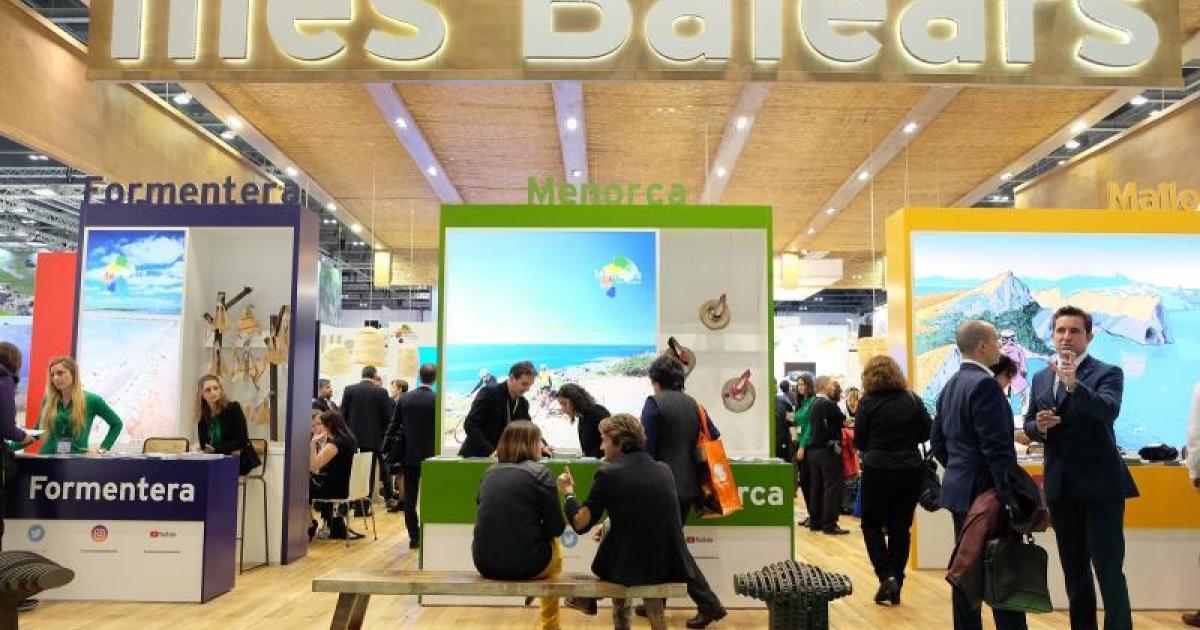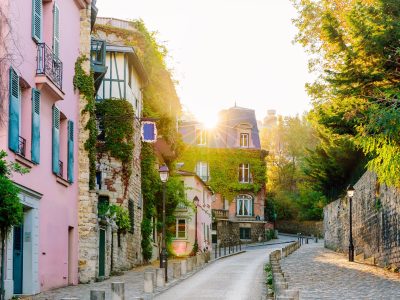Mallorca and the Balearics will travel to London with their well-prepared promotional scripts and messages for a British media
Palma, which doesn’t have a major tourism fair, has this week had something approaching the next best thing – not one but two European gatherings. The European Tourism Forum was followed by the EU tourism ministers’ summit, the first an occasion for the obligatory photos – just like tourism fairs – in which the figures remain the same but with new faces: here a new minister, there a new director-general or mayor.
Fairs like the World Travel Market can achieve things, mainly because of what goes on behind the scenes at meetings with tourism industry business leaders. They aren’t the complete waste of time all the photos hint at or as some critics maintain. They are also standard fare (sic), which for any international industry would be conspicuous by their absence.
Mallorca and the Balearics will travel to London with their well-prepared promotional scripts and messages for a British media (redtop in particular) ravenous for some apparent gaffe of the Brits-not-welcome-here variety. The Council of Mallorca’s José Marcial Rodríguez has said that he and the Partido Popular will most certainly not be engaging in any talk of an even vaguely tourismphobic kind. The Sun and others will leave the ExCel disappointed.
Otherwise, the press will discover, inter alia, that Magalluf is now a resort minus balconing injuries or worse and that Magalluf, along with beaches in other Calvia resorts, will have its beach open all year. By open, this means that there will be some services. Ah yes, but will the media ask if these services will include the most important of all – lifeguards – and why any potential contractor might indeed bid to provide services without having a clue as to demand? And then there are the posidonia remains, the ones that are supposed to be left on beaches over the winter and which tourists tend to take a dislike to.
Anyway, so much for London and back to the Palma gatherings, where the messages were as they will also be in London, the difference with WTM being that they will prefer not to highlight them. Why? Because they don’t make for great promotional messages. Nothing to do with anti-social tourists, all-inclusive alcohol or similar headline fodder, but all to do with far more serious matters.
Serious and yet ones with which we are highly familiar – illegal holiday lets, overcrowding, climate change, sustainability in its different forms. The figures with the new faces at the tourism forum proved to be almost indistinguishable from the previous faces.
President Marga Prohens could have been ex-president Francina Armengol when she said that we should stop talking about the tourism sector and instead refer to a circular tourism system. It was as though she was reading from the script of the previous government, one which supposedly imposed things on the poor hoteliers.
Prohens also alluded to a commitment to tourism sustainability in terms of its economic, social and environmental aspects. In then highlighting the “fragility” of the Balearic territory, she stressed that none of these three aspects can fail. It was Armengol reincarnate, while Prohens took advantage of the fact that the Spanish government (run by Armengol’s PSOE and not her PP) had used its presidency of the EU in arranging the ministerial summit. She argued the case for EU involvement in controlling illegal holiday lets. Political alignment; well, almost.
The summit was to do with the social sustainability of tourism and thus included discussion of illegal letting. The Civil Society Forum of over twenty entities in the Balearics had forwarded a letter to the ministers in which it made various proposals of a social nature, all related to the familiar themes noted above and with special reference to what this forum views as a scourge – mega-cruise ships.
The ministers may or may not have paid any attention to the letter or to the counter-summit meetings (plus march) that had taken place ahead of the summit and which were under the slogan ‘Fewer Tourists, More Life’. As it was, the ministers had already agreed the outcome of their summit prior to their gathering. Member states and the European Commission had been active in drafting the ‘Palma Declaration’ for the ministers to rubber stamp.
And yes, this declaration does take account of sustainability matters and of the great concerns in various EU countries regarding illegal holiday letting. But the summit was not a formal one. It was informal. Its conclusions are non-binding. So what was the point of it? What had been the point of the European Tourism Forum, when we already know the issues?
The president of the Mallorca Hoteliers Federation, Maria Frontera, had attended a conference in Brussels a few days before these two gatherings. This had been arranged by HOTREC, the European umbrella organisation for hospitality associations and federations. She observed that progress with issues we are familiar with is being made at a speed “well below what reality, society and markets demand”. For tourism, it is not a case of “hyper-regulating” but of accelerating and moving beyond debates without anything concrete.
Quite. And so it is with gatherings such as those in Palma.










